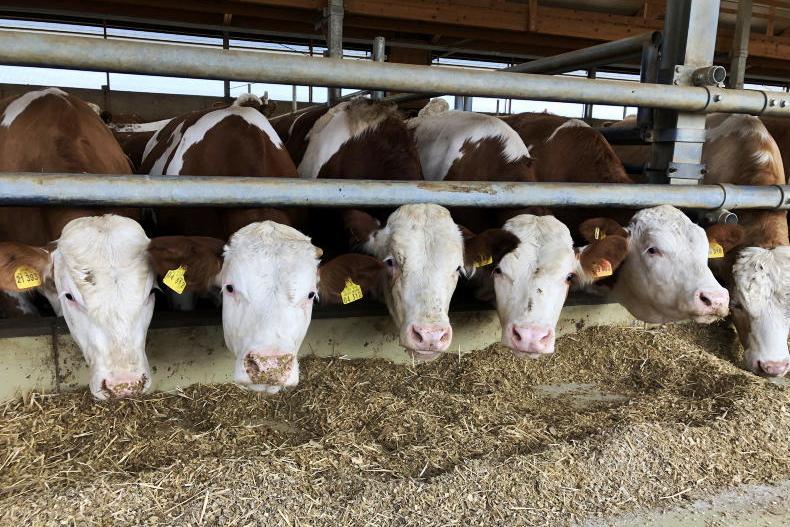The German ministry of agriculture has confirmed that no further outbreaks of foot-and-mouth disease (FMD) have been found within a 1km radius of the initial outbreak.
The first outbreak of FMD was discovered in the Märkisch-Oderland district of Brandenburg on Friday 10 January and, as a result, a protection zone with a radius of 3km and a surveillance zone with a radius of 10km were set up around the initial outbreak.
The veterinary authorities examined and sampled the stocks of susceptible animals within a radius of 1km around the outbreak in the district.
The results of the tests on these samples in the state laboratory were found to be negative.
Emergency response
FMD is a highly contagious viral disease in cloven-hoofed animals such as cattle, sheep, goats, pigs and camelids, as well as zoo and wild animals.
The German government has since banned the movement of such animals throughout the state of Brandenburg, as well as their meat and manure.
This emergency ordinance, which was set to expire at midnight on Monday 13 January, has been extended until the end of Wednesday 15 January when all necessary tests should be completed.
In addition, the European Commission confirmed the protection and surveillance zones established by Brandenburg and published them in its official journal.
This means that the territorial scope is also legally binding at EU level.
Read more
Britain bans cattle, sheep and pig imports from Germany
No cattle or sheep imported to Ireland from Germany
Vaccine available to tackle strain of foot-and-mouth disease found in Germany
Foot-and-mouth disease: what you need to know
The German ministry of agriculture has confirmed that no further outbreaks of foot-and-mouth disease (FMD) have been found within a 1km radius of the initial outbreak.
The first outbreak of FMD was discovered in the Märkisch-Oderland district of Brandenburg on Friday 10 January and, as a result, a protection zone with a radius of 3km and a surveillance zone with a radius of 10km were set up around the initial outbreak.
The veterinary authorities examined and sampled the stocks of susceptible animals within a radius of 1km around the outbreak in the district.
The results of the tests on these samples in the state laboratory were found to be negative.
Emergency response
FMD is a highly contagious viral disease in cloven-hoofed animals such as cattle, sheep, goats, pigs and camelids, as well as zoo and wild animals.
The German government has since banned the movement of such animals throughout the state of Brandenburg, as well as their meat and manure.
This emergency ordinance, which was set to expire at midnight on Monday 13 January, has been extended until the end of Wednesday 15 January when all necessary tests should be completed.
In addition, the European Commission confirmed the protection and surveillance zones established by Brandenburg and published them in its official journal.
This means that the territorial scope is also legally binding at EU level.
Read more
Britain bans cattle, sheep and pig imports from Germany
No cattle or sheep imported to Ireland from Germany
Vaccine available to tackle strain of foot-and-mouth disease found in Germany
Foot-and-mouth disease: what you need to know






 This is a subscriber-only article
This is a subscriber-only article










SHARING OPTIONS: